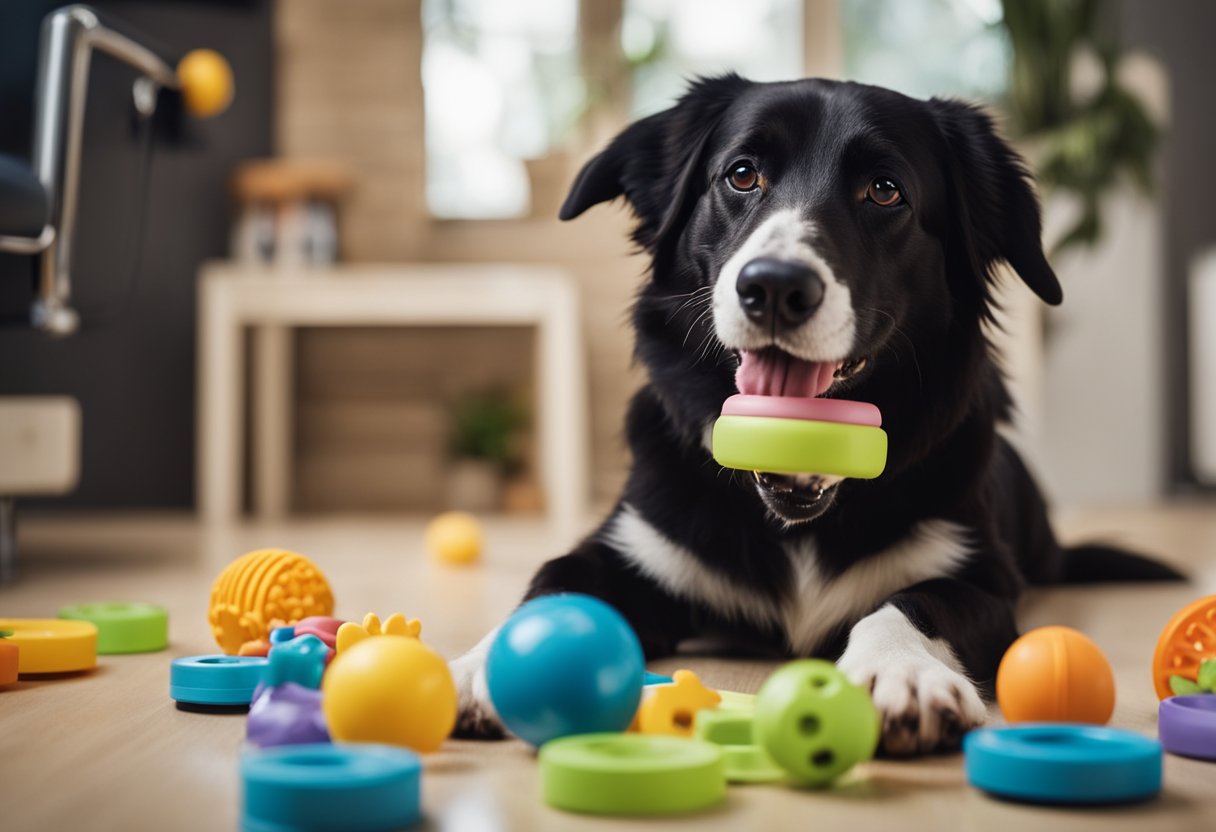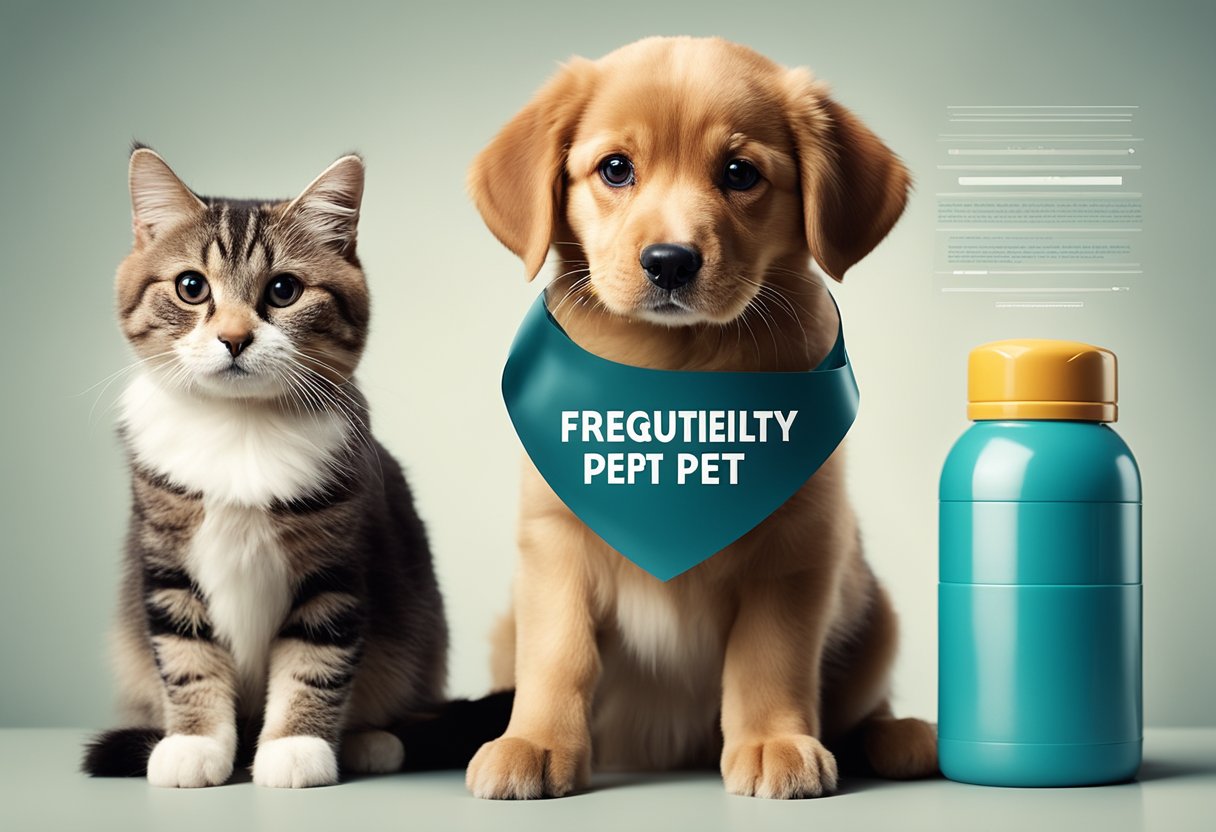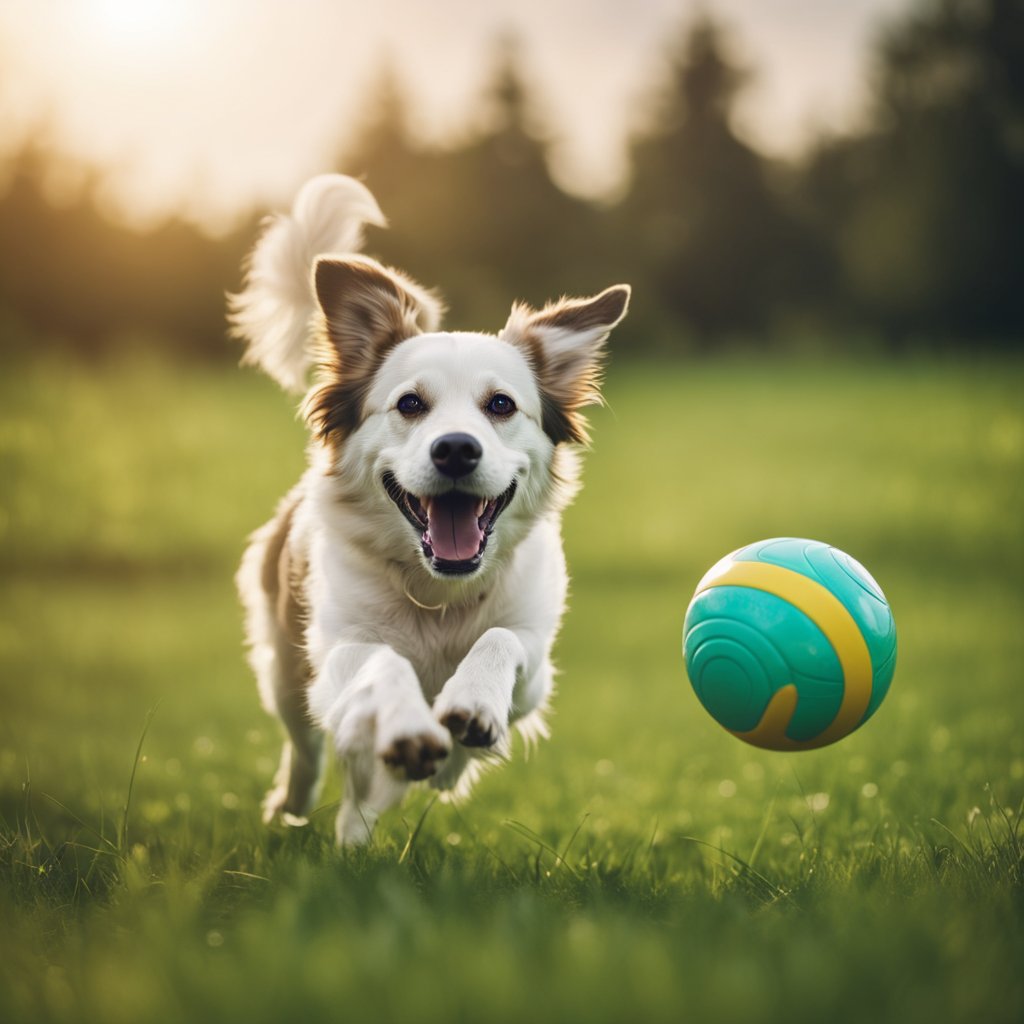5 Tips for a Healthier Pet: Expert Advice for Pet Owners
As a pet owner, you want your furry friend to be healthy and happy. While providing your pet with love and affection is important, there are also practical steps you can take to ensure their overall wellbeing. In this article, we will provide you with 5 tips for a healthier pet. These tips are easy to follow and will help you maintain your pet’s physical and mental health.

The first tip is to pay attention to your pet’s nutrition and diet. Just like humans, pets need a balanced and nutritious diet to stay healthy. A healthy diet can help prevent obesity, dental problems, and other health issues. We will provide you with some guidelines on what to feed your pet and how much to feed them.
The second tip is to ensure your pet gets enough exercise and physical activity. Regular exercise can help your pet maintain a healthy weight, improve their cardiovascular health, and prevent behavioral issues. We will provide you with some tips on how to exercise your pet and how much exercise they need.
Nutrition and Diet for Healthier Pet

As a responsible pet owner, it is important to understand the nutritional needs of your pet to ensure they maintain good health. Here are some tips to help you provide your pet with a healthy and balanced diet.
Choosing the Right Food
Selecting the right food for your pet is crucial. Look for high-quality commercial pet foods that are specially formulated to meet your pet’s nutritional needs. Check the label for the Association of American Feed Control Officials (AAFCO) statement to ensure that the food meets the minimum nutritional requirements for your pet’s age and breed.
You may also consider a homemade diet for your pet, but be sure to consult with a veterinarian or a veterinary nutritionist to ensure that your pet’s diet is balanced and meets all of their nutritional needs.
Understanding Pet Nutrition
Understanding the basics of pet nutrition can help you make informed decisions about your pet’s diet. Pets require a balanced diet that includes protein, carbohydrates, fats, vitamins, and minerals. Protein is essential for muscle growth and repair, while carbohydrates and fats provide energy. Vitamins and minerals are necessary for overall health and wellbeing.
Keep in mind that the nutritional needs of your pet may change over time. Puppies and kittens require more protein and calories than adult pets, while senior pets may require fewer calories and more fiber.
Supplements and Vitamins
In some cases, your pet may require supplements or vitamins to ensure they are getting all of the necessary nutrients. However, it is important to consult with a veterinarian before giving your pet any supplements or vitamins. Giving your pet too much of a certain nutrient can be harmful and may cause health problems.
In conclusion, providing your pet with a healthy and balanced diet is essential for their health and wellbeing. By choosing the right food, understanding pet nutrition, and using supplements and vitamins when necessary, you can ensure that your pet receives all of the nutrients they need to thrive.
Exercise and Physical Health

Regular exercise is essential to maintain your pet’s physical health and overall well-being. Just like humans, pets benefit from regular exercise to keep their muscles and joints healthy. It also helps to maintain a healthy weight, reduce stress, and prevent chronic diseases.
Regular Exercise Routines
To keep your pet healthy, you should establish a regular exercise routine. Depending on your pet’s age, breed, and health condition, you can choose a suitable exercise routine. For example, a young and active dog may need more exercise than an older dog. You can take your dog for a walk, play fetch, or engage in other physical activities that your pet enjoys.
Maintaining a Healthy Weight
Maintaining a healthy weight is crucial for your pet’s physical health. Obesity is a common problem among pets, which can lead to various health issues such as diabetes, heart disease, and joint problems. You can maintain your pet’s weight by providing a balanced diet and regular exercise.
Recognizing Signs of Illness
Regular exercise can help to prevent various health issues, but it is also essential to recognize the signs of illness. If your pet shows signs of lethargy, loss of appetite, or difficulty in breathing, it could be a sign of an underlying health issue. You should take your pet to a veterinarian for a checkup if you notice any unusual symptoms.
In conclusion, regular exercise is crucial for your pet’s physical health and overall well-being. By establishing a regular exercise routine, maintaining a healthy weight, and recognizing the signs of illness, you can ensure that your pet stays healthy and happy.
Frequently Asked Questions

What are the key elements of a balanced diet for pets?
A balanced diet for pets should include essential nutrients such as protein, fats, carbohydrates, vitamins, and minerals. The proportion of each nutrient may vary depending on the species, breed, size, and age of your pet. Consult with your veterinarian to determine the appropriate diet for your pet’s specific needs.
How often should I exercise my pet for optimal health?
Regular exercise is essential for your pet’s physical and mental health. The amount of exercise required may vary depending on your pet’s age, breed, and health condition. In general, dogs should be walked at least twice a day for 30 minutes each time, while cats should engage in interactive play sessions for at least 10-15 minutes per day. Consult with your veterinarian to determine the optimal exercise routine for your pet.
What preventive care measures are essential for pet wellness?
Preventive care measures such as vaccinations, parasite control, dental care, and regular check-ups are essential for maintaining your pet’s wellness. Vaccinations protect your pet from infectious diseases, while parasite control prevents infestations of fleas, ticks, and worms. Regular dental care, including brushing your pet’s teeth and providing dental treats, can prevent dental disease. Regular check-ups with your veterinarian can detect health issues early and prevent them from becoming more serious.
How can mental stimulation improve my pet’s health?
Mental stimulation is important for your pet’s cognitive function and emotional well-being. Providing your pet with toys, puzzles, and interactive games can help prevent boredom and reduce stress and anxiety. Training your pet with positive reinforcement can also provide mental stimulation and strengthen the bond between you and your pet.
What signs indicate that my pet may need a health check-up?
Signs that your pet may need a health check-up include changes in appetite, water intake, urination, defecation, activity level, behavior, and appearance. If you notice any of these changes, consult with your veterinarian to determine if further evaluation is necessary.
How does regular grooming contribute to my pet’s health?
Regular grooming, including brushing your pet’s coat, trimming their nails, and cleaning their ears, can help maintain your pet’s hygiene and prevent skin and ear infections. Grooming also provides an opportunity to check for any lumps, bumps, or other abnormalities that may indicate a health issue. Consult with your veterinarian or a professional groomer for guidance on the appropriate grooming routine for your pet.
Conclusion: Healthier Pet

By following these five tips, you can ensure your pet stays healthy and happy. Remember to provide a balanced diet, plenty of exercise, and regular check-ups with your veterinarian. Additionally, make sure your pet is up to date on vaccinations and parasite prevention. By doing so, you can prevent potential health problems and catch them early if they do arise.
It’s also important to pay attention to your pet’s dental care. Good oral hygiene is vital for your pet’s overall health, and regular cleanings can prevent dental disease and other health issues.
Finally, don’t forget to give your pet plenty of love and attention. Spending quality time with your pet can reduce stress and anxiety, and strengthen the bond between you and your furry friend.
By incorporating these tips into your pet’s daily routine, you can help them live a long, healthy life.
